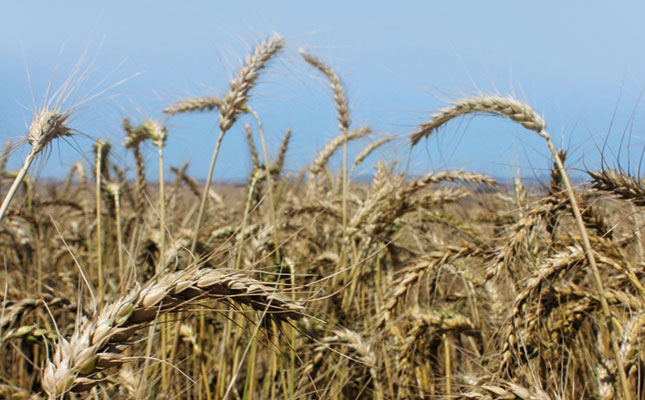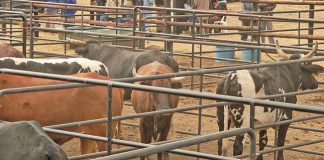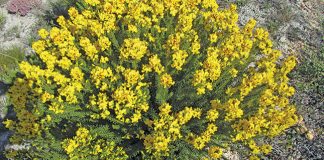
The report forecast that production in the Western Cape would be 861 250t.
The province is still suffering from a severe drought due to insufficient rainfall this winter. The rainfall received thus far has had little effect on crops, and many wheat farmers are hoping for more rain in September.
“This is a critical rainfall month for Western Cape wheat as the plants are now in their flowering phase and drought-induced stress can cause a drop in kernel numbers or yield,” said Andrew Jonker of Tolange farm near Riversdale.
He added that 167mm of rain had fallen on Tolange this year, of which 102 mm had been recorded during the wheat-growing season.
Jonker expected an average wheat harvest, saying that that this year’s crop had been highly variable. “My late wheat shows more potential than that planted early,” he said.
Despite the challenging conditions, he remained optimistic and hoped to harvest 2t/ha this season. He added that the long-term average for wheat was 1,8t/ha.
In the Northern Cape, anticipated wheat production was 285 000t, according to the Crop Estimates Committee. This was 19 000t more than the previous seasons’ crop of 266 000t. In the Free State, 182 000t was expected, 126 460t less than the 308 460t produced last season.
The production forecast for malting barley was 265 990t, which was 89 010t less than the previous season’s crop of 355 000t. Expected yield was 2,91t/ha.
The expected canola crop was 109 200t, which was 4 200t up on last season’s crop. A yield of 1,30t/ha was expected.
According to Giel Hugo, a weather forecaster at Overberg Agri, two cold fronts were due to approach South Africa on 12 September, but neither would have much effect.
“They could perhaps bring a bit of rain for the south coast, but nothing to write home about,” he said.












